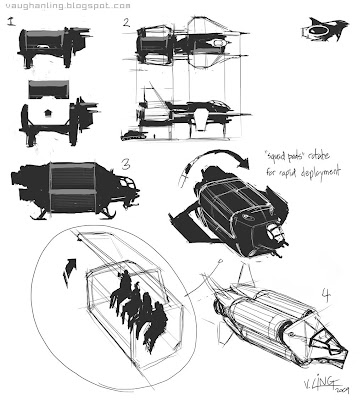

“I don’t reckon a winkle survived on that beach.

On their final briefings, he said: “We were told we were going to France, ‘and you won’t need a passport’.”īut nothing could really prepare for the beach landings. “He’s now celebrated in Portsmouth Cathedral with a window,” said Smith. One was Lt Col Arthur Cocks, the first British officer killed in the landings. “I helped to lay three of them out,” he said. Smith helped wrap up the bodies, as the LCT was forced to retreat and make its way back to Portsmouth. Torpedoes on the landing craft exploded, killing the colonel on board and three others. As troops disembarked, a shell hit one of the tanks on the landing craft, immobilising it and blocking the craft’s exit ramp. Ron Smith, 94, an electrician (then known as a wireman) from Rustington, West Sussex, was on landing craft tank (LCT) 947, which approached Sword beach at 7.35am on D-day. This is the most I ever talk about it.’ Sunk and stranded: “I helped lay three of them out” “Eleven of us go to Normandy, to Arromanches, every year,” said Lewis, who has regularly given the exhortation on the seafront during the annual commemorations. He was now a prisoner of war, and would be interned in the Stalag XI-B Fallingbostel PoW camp in Germany. With a rifle pushed into his back, he was handed over to a Panzer division.
Boom beach landing craft troop count full#
And it was full of German paratroopers cleaning all their kit.” They took me round the corner, and down into the cellar.

“I thought: ‘They’ll start shooting in a minute.’ Nothing happened. Two German paratroopers about two doors away pushed me into the middle of the road. I thought: ‘I’ll make for that door.’ And just as I got to the door, Jerry stepped out with his rifle on me. Someone shouted: ‘Halt.’ I said: ‘Friend.’ Nothing. “I started walking back alone, rifle over my shoulder, and the moon had just come up behind my back. In October 1944, while advancing through the country, his platoon found themselves at night in a small village “somewhere in the Venray area” and occupied the crossroads.īut he had to retrace his steps to retrieve some wireless equipment. Lewis, from Guildford, was evacuated and treated in Staffordshire before returning, this time to the Netherlands. It was only a flesh wound, but it was blood everywhere.” As he set up his wireless near a barn, “Jerry started mortaring, and I got shrapnel in the left ankle. In the first week in July, while posted with 1st Battalion Black Watch, “going up towards Rouen and having not seen ‘Jerry’ for two days”, he and his comrades dug in. The remainder of the second world war, however, would not prove so straightforward for him. “Now and again there were a few shells coming over, but all the infantry and tanks had gone,” he said. After landing at 11am on a small landing craft, he had to wait for the rest of his battalion to come. Percy Lewis, 96, a wireless operator with No 6 Beach Group, spent most of D-day sheltering in the sand dunes off Sword beach.


 0 kommentar(er)
0 kommentar(er)
